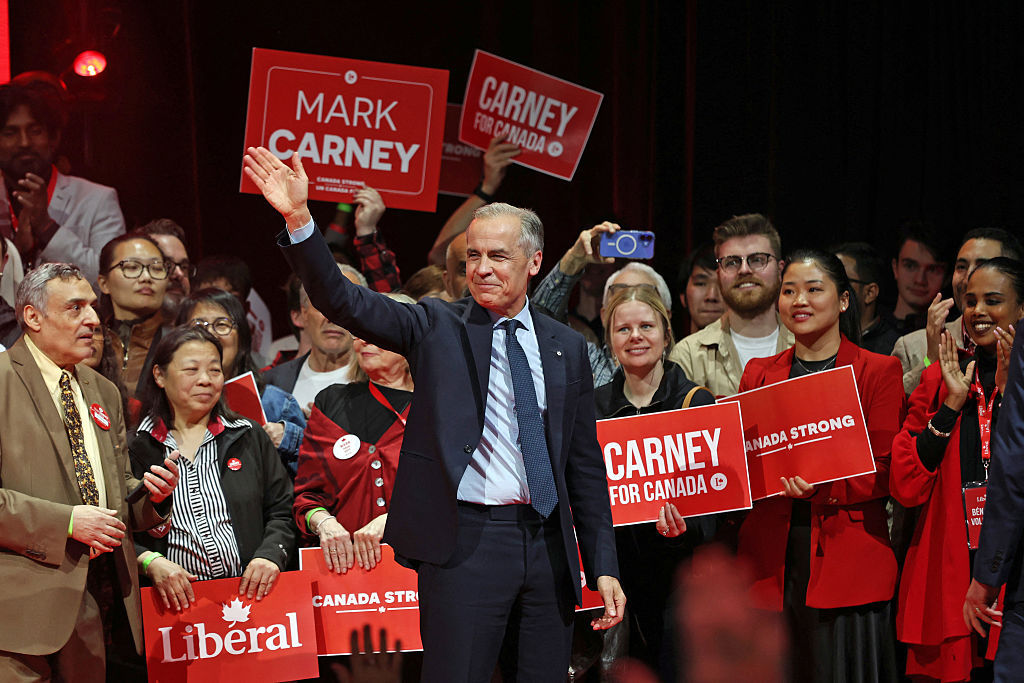Now Reading: MAGA foreign policy: So much losing!
-
01
MAGA foreign policy: So much losing!
MAGA foreign policy: So much losing!

Consider this conspiracy theory: Mainstream political parties from the center-right and center-left in various self-proclaimed democratic nations were facing challenges in the mid-2020s. They were confronted with anti-immigrant sentiments, increasing economic inequality, and widespread distrust in the government. The far-right, including proto-fascist and actual fascist groups, were gaining momentum, and to a lesser extent, so was the socialist left.
Their solution? To appoint a ruthless and undisciplined sociopath as the potential dictator of the United States, triggering a global backlash of anti-American sentiment. Consequently, the most powerful nation would remove itself from the global stage, leading to the formation of new global alliances. This move would make the struggling centrist parties appear more appealing as the responsible figures in the room.
While this scenario may not have played out exactly as described, the worldwide impact of neo-Trumpism has been universally destructive. Recent events have further supported this idea: The influence of Trump was evident in the election outcomes in Canada and Australia, where voters rejected candidates resembling the American leader.
In Canada, the return of the Liberal Party to power under Prime Minister Mark Carney was greatly influenced by anti-Trump sentiment. Similarly, in Australia, the center-left Labor Party’s victory under Prime Minister Anthony Albanese was partly driven by discontent over Trump’s disruptive trade policies. The rejection of Trump-like figures in both countries reflected a personal aversion to associations with the American leader.
The defeat of right-wing candidates in Canada and Australia, who were perceived as Trump-like, indicates a shift in public sentiment against leaders reminiscent of the former U.S. president. This rejection of Trumpism was a significant factor in recent election results, showcasing a global trend away from far-right populist ideologies.
The impulsive and reckless foreign policy decisions made by Team Trump have not only alienated traditional allies but have also failed to achieve their intended outcomes. The recent criticism of Germany’s internal affairs by American politicians JD Vance and Marco Rubio exemplifies this trend, as they sought to challenge the country’s political landscape without regard for diplomatic norms.
As the world navigates the aftermath of Trumpism, it becomes evident that global dynamics are changing, challenging the dominance of individual personalities in shaping international relations. The need for a more structured and collaborative approach to global affairs is becoming increasingly apparent, as nations strive to assert their independence and agency in the face of erratic and self-serving policies.




